For many Canadian families, going to the cottage or cabin each summer is a time-honoured tradition. With real estate prices at all-time highs and property in high demand, planning for a property’s future succession has never been more important. Why Many of us have owned our cottages for a long time and want to keep them in the family for future generations. However, to do this effectively, careful planning is essential.
Taxes Are Key
One of the biggest problems is that a cottage property is often not considered the principal residence *for tax purposes and any transfer of ownership may result in substantial capital gains taxes. With real estate prices hitting record highs in many markets, cottage properties are no exception. Take, for example, a property with an adjusted cost base of $500,000 that may now be valued at $1million— such an increase in value would not be unusual in today’s markets. Half of the capital gain of $500,000 would potentially be subject to income tax. If you own the cottage when you die, your estate must pay this tax. **Will your estate be able to absorb this tax expense and still be able to look after your intended bequests without selling the property?
Transferring ownership to your kids before death does not get around this tax liability since the tax rules say that only transfers to a spouse can be made tax free under the spousal rollover rules. This is not to say such a transfer before death should never be made. There may be a couple of advantages. First, subsequent increases in value will be a matter for the new owners. Second, probate fees, if any, maybe avoided on the value of the cottage. Other solutions involving trusts or other vehicles may also be of assistance.
Insurance May Help
Coming up with the estate funds to pay the taxes on a cottage transfer can be problematic. Insurance may be one solution. A policy with the death benefit equal to the expected tax bill can be away to fund the potential taxes. The proceeds are typically received tax free and not subject to probate fees (in applicable provinces). You might even arrange it so that the annual premium cost is paid by the eventual beneficiaries.
Who Wants the Cottage?
Of course, it should first be determined if your children actually want to keep the cottage in the family. Sometimes only one sibling may be interested. Some may not wish to have the obligations of upkeep, especially if they live too far away to use it. In addition, many family disputes can arise from joint ownership of a cottage. Who gets to use it during peak weeks? Who is responsible for cleaning or repairs To avoid such problems, planners often recommend that the cottage be sold on the open market or be left to one child with a provision made for other siblings to receive the equivalent value from the remaining assets of an estate.
Seek Advice
Passing along the cottage can be a complex matter. If you intend to minimize taxes and avoid family disputes, planning and forethought should be given instructuring the transfer. Needless to say, every family situation is different and it is important to assess your own case carefully.
Don’t assume that your situation is not significant. Don’t assume that family will never fight over your assets. Do discuss your intentions and situation with all members of the family. Do seek advice from experienced estate planners and other professionals whom you trust.
As we are familiar with your financial situation and investment objectives, we can point you in the right direction and work with professionals in the field. Please don’t hesitate to call for perspectives.
*It may sometimes be advantageous to designate a cottage as the principal residence for some or all of the period of ownership if the gain is larger than on another residence. There may also be a mechanism to split the exemption and reduce the gain on both properties. Seek advice from a tax professional.
**Except when the cottage is transferred under spousal rollover rules.
Disclaimers
Forward-looking statements are based on current expectations, estimates, forecasts and projections based on beliefs and assumptions made by author. These statements involve risks and uncertainties and are not guarantees of future performance or results and no assurance can be given that these estimates and expectations will prove to have been correct, and actual outcomes and results may differ materially from what is expressed, implied or projected in such forward-looking statements.
The opinions expressed in this report are the opinions of the author and readers should not assume they reflect the opinions or recommendations of Echelon Wealth Partners Inc. or its affiliates. Assumptions, opinions and estimates constitute the author’s judgment as of the date of this material and are subject to change without notice. We do not warrant the completeness or accuracy of this material, and it should not be relied upon as such. Before acting on any recommendation, you should consider whether it is suitable for your particular circumstances and, if necessary, seek professional advice. Past performance is not indicative of future results. These estimates and expectations involve risks and uncertainties and are not guarantees of future performance or results and no assurance can be given that these estimates and expectations will prove to have been correct, and actual outcomes and results may differ materially from what is expressed, implied or projected in such forward-looking statements. Echelon Wealth Partners Inc. is a member of the Investment Industry Regulatory Organization of Canada and the Canadian Investor Protection Fund.




